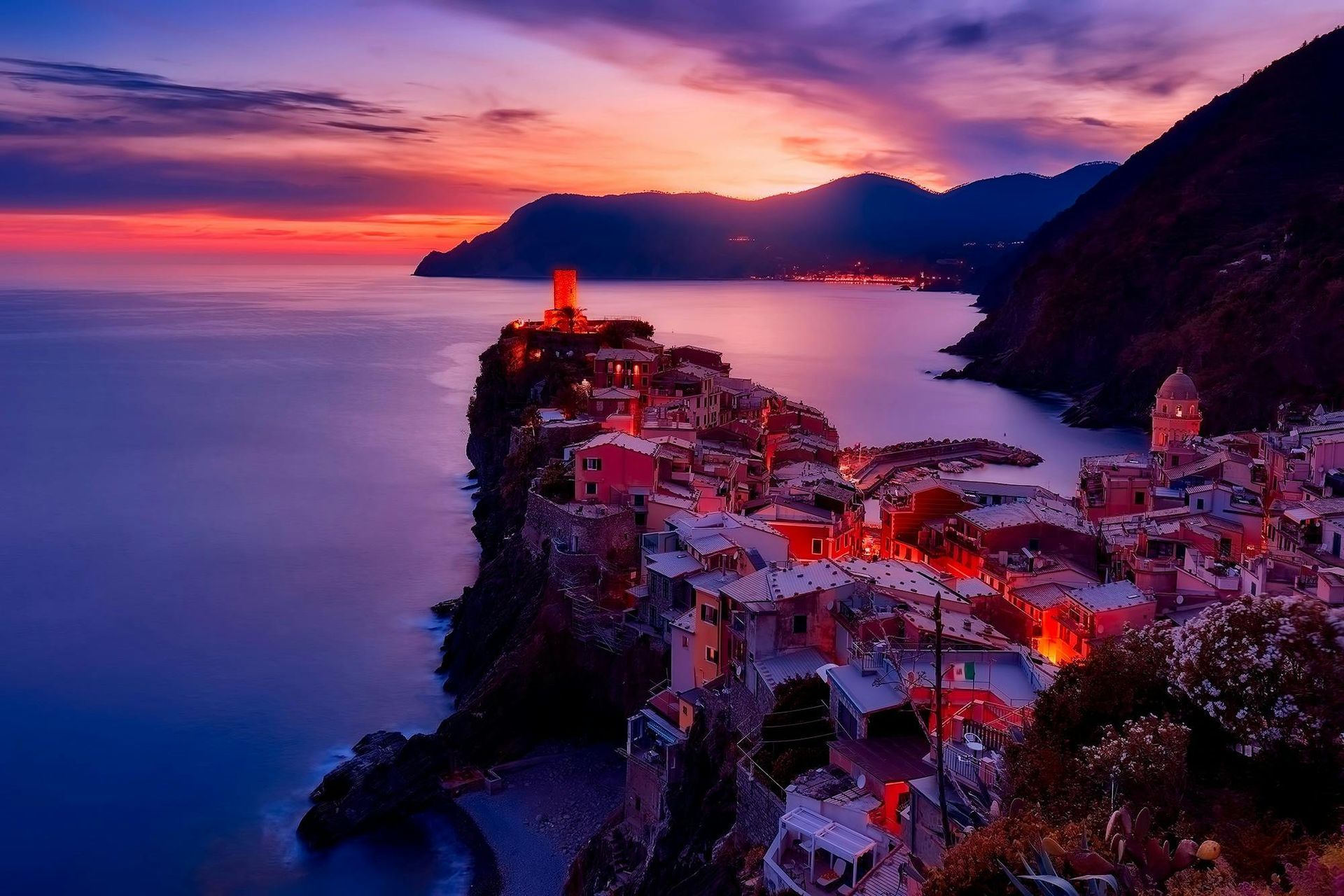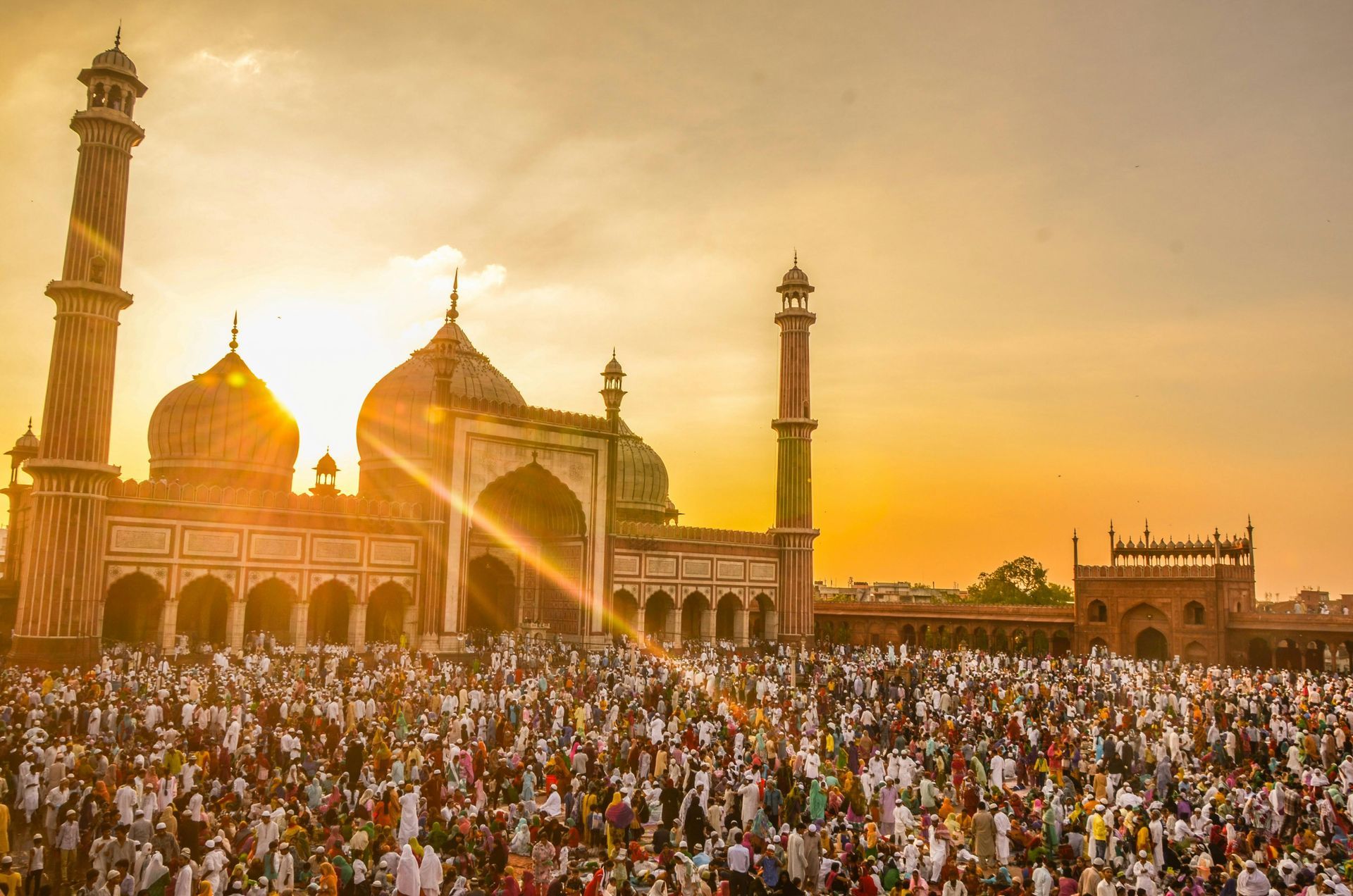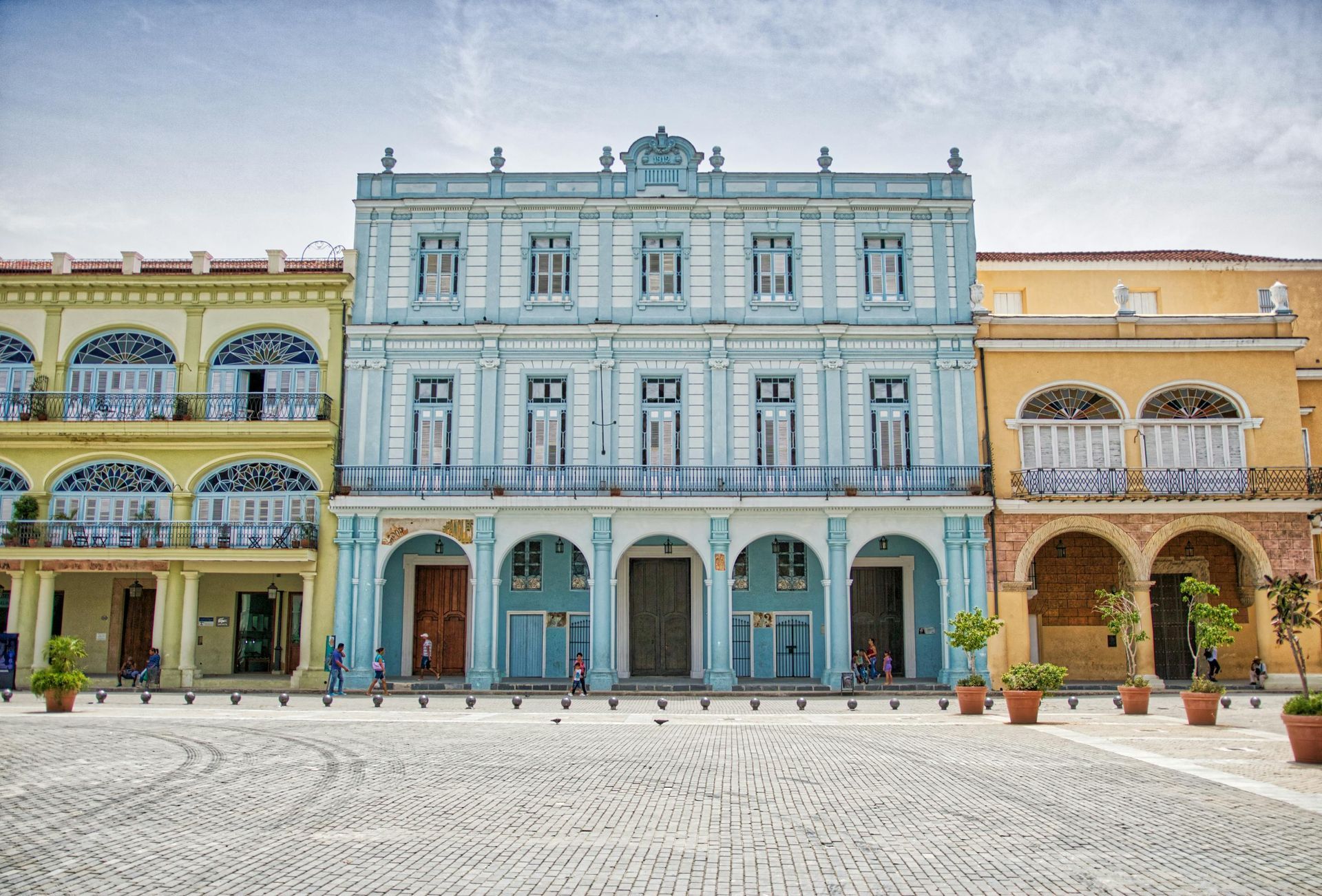The Great Rental Rethink: Travel, Housing, and Overtourism
The Great Rental Rethink: Travel, Housing, and Overtourism
Short-term rentals once offered a charming alternative to the traditional hotel stay — but with cities across the globe now imposing restrictions or phasing them out, is this the end of the home-stay boom? Or the beginning of a more considered way to stay?
The Early Days: A New Way to Travel
Short-term lettings began as a simple idea: share your spare room, meet new people, and earn a bit of extra income. Early platforms promised a more local, authentic way to travel — often for a fraction of hotel prices.
By 2018, Airbnb had around 223,200 active listings across the UK, up from 168,000 in 2017 — a 33% increase year-on-year. In London alone, listings quadrupled from 18,000 in 2015 to over 77,000 by 2019.
At first, it worked beautifully. Travellers enjoyed personal touches, affordable options in residential areas, and the joy of staying somewhere unique — from treehouses and shepherd’s huts to retro caravans and city lofts.
But somewhere along the way, that sense of community gave way to commercialisation.
From Hosting to Housing Crisis: The Downsides
As demand surged, many properties were taken off the long-term rental market. In some London boroughs, short-term lets accounted for up to 7% of local housing stock and over 2% across the city overall. In 2024, 1 in 32 London homes (about 3.1%) were short-term lets — 67% of those located in central areas.
In Great Britain overall, 16% of adults let all or part of their property on a short-term basis in the past two years, equating to approximately 4.5 million properties. If more landlords follow suit, up to 470,000 homes could be diverted from long-term rentals — representing up to 8.7% of the private rented sector.
These shifts raise serious concerns around housing affordability, displacement, and neighbourhood cohesion.
But Let’s Not Forget the Benefits
For many families — especially those travelling with young children — short-term rentals have been a lifeline. Not everyone wants (or can afford) to book two adjoining hotel rooms, especially when interconnecting options are rare.
A single holiday let offers:
- One front door (no corridor chaos)
- A kitchen for picky eaters and early breakfasts
- Space to relax post-bedtime
- Better value for stays longer than typical hotel bookings
And let’s not forget the charm factor. Where else can you sleep in a lighthouse, a converted chapel, or a cottage with a history older than the country you’re visiting?
They’re also uniquely popular: many travellers — especially millennials and Gen Z in the UK — now consider home rentals (like Airbnb) alongside hotels, naming Airbnb as a top 3 brand in consideration among younger Brits.
The Global Crackdown: Cities Push Back
As the negative impacts mounted, city authorities began to step in. But instead of banning platforms outright, most have introduced regulations to bring things back into balance.
Examples include:
- New York City – No more entire-home lets under 30 days unless the host is present, with mandatory host registration.
- Barcelona – No new tourist licences will be issued, and all existing ones are set to be phased out by 2028/29. However, until then, tens of thousands of tourist flats remain active, and enforcement has historically been patchy.
- Florence – Ban on short-term rentals in the historic centre, starting with a prohibition on key boxes for self-check-in. That said, travellers still report finding key boxes in use — suggesting the policy is more aspirational than consistently enforced.
- Vienna – 90-night annual cap on short-term rentals, applied city-wide from July 2024.
- Toronto & Amsterdam – Both cities limit short-term rentals to a host’s primary residence, with registration schemes in place. Amsterdam has even tighter caps (30 nights per year, with proposals to drop to 15 nights in central districts), but enforcement relies heavily on neighbours reporting violations.
- Japan – Since 2018, a national 180-night cap has been in place. The effect was dramatic, cutting listings in Tokyo by nearly half overnight — though some unregistered rentals continue under the radar.
Towards Equilibrium: Rethinking the Guest Experience
This moment invites us to reimagine what accommodation could — and should — look like in a post-boom world.
Hotels have a role to play too.
It’s time they considered:
- Family-sized rooms that don’t require booking a suite or two rooms
- Small kitchens or kitchenette access for longer stays
- Flexible configurations that work for multi-generational travellers
- Characterful design that captures the soul of a destination, not just corporate convenience
The line between home and hotel is blurring — and that’s not always a bad thing.
Responsible Travel Starts with Where You Sleep
As travellers, we have more power than we think. Choosing to stay somewhere that’s licensed, legal and locally rooted can make a real difference — to the people who live there, and to your own experience.
Ask:
- Is this a primary residence or an investment unit?
- Does it contribute to the local community (through jobs, sourcing, taxes)?
- Could I choose a boutique guesthouse, eco-lodge, or family-run B&B instead?
Of course, it isn’t always straightforward to tell if a property is officially licensed — some platforms make hosts display registration numbers, others don’t, and enforcement varies from city to city. A useful rule of thumb is to look for listings that clearly show license information, or to book through platforms and providers that are transparent about compliance.
Sometimes the quirkiest, most memorable stays are the ones that also tread lightly.
Final Thoughts: What Comes Next?
Short-term rentals aren’t going away — and nor should they. When managed well, they offer flexibility, creativity, and a way to feel at home while travelling.
But unchecked growth reveals the costs of treating homes purely as commodities.
The future lies in balance: thoughtful regulation, creative innovation, and mindful travel choices. Because where we stay matters — not just for ourselves, but for the people who call those places home.











